‘Sorry, future employer. I was at home in 2020, with a baby on my lap.’ The impact of the coronavirus on young researchers
A Veni grant that slowly dries up; human subjects who become too old for experiments with the passage of lockdowns; and a lack of motivation due to the constant adjustments. It is not only education at Tilburg University that is under high pressure due to the coronavirus measures. The research of Tilburg’s scientific staff also suffers.
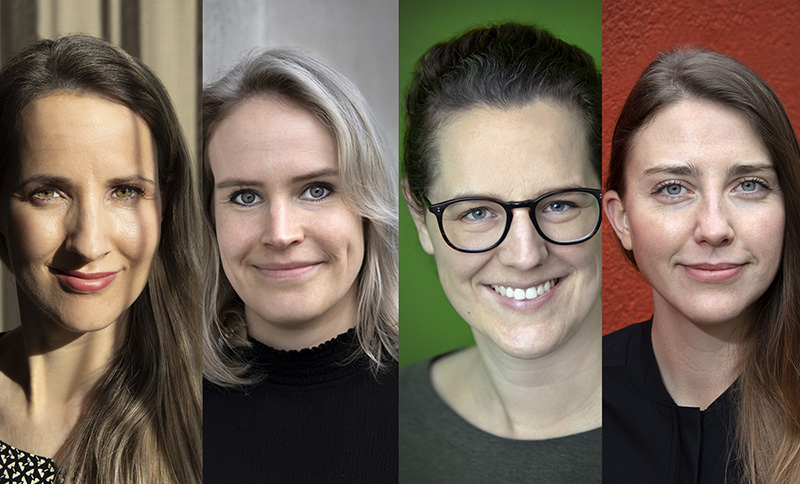
A year ago, former Rector Klaas Sijtsma announced Tilburg University’s coronavirus measures (Dutch only): education comes first; research has to be slowed down. This policy still determines the daily course of events. Most lecturers at the university combine their educational duties with scientific research.
Especially for younger scientists, who often do not have a permanent position yet, doing research is of great importance: the subsequent publications are indispensable for a further academic career. What are the consequences of being forced to stop a research project? And is it at all possible to do research that lays the foundation for a further scientific career during a global crisis?
Univers spoke with four young researchers at the Tilburg School of Social and Behavioral Sciences about the progress of their research, career prospects, and job satisfaction.
Matter of (not) getting an extension
Stefanie Duijndam, a researcher in the Department of Medical and Clinical Psychology, recently received good news: her temporary appointment is being extended. This will give her more time for her laboratory research on stress. “The extension takes away a lot of tension because my expiring contract was constantly in the back of my mind. I would otherwise have had to collect all my data before July 1, but I knew in advance that I would never be able to do that. Because of the coronavirus measures, I can only do half of my planned experiments.”
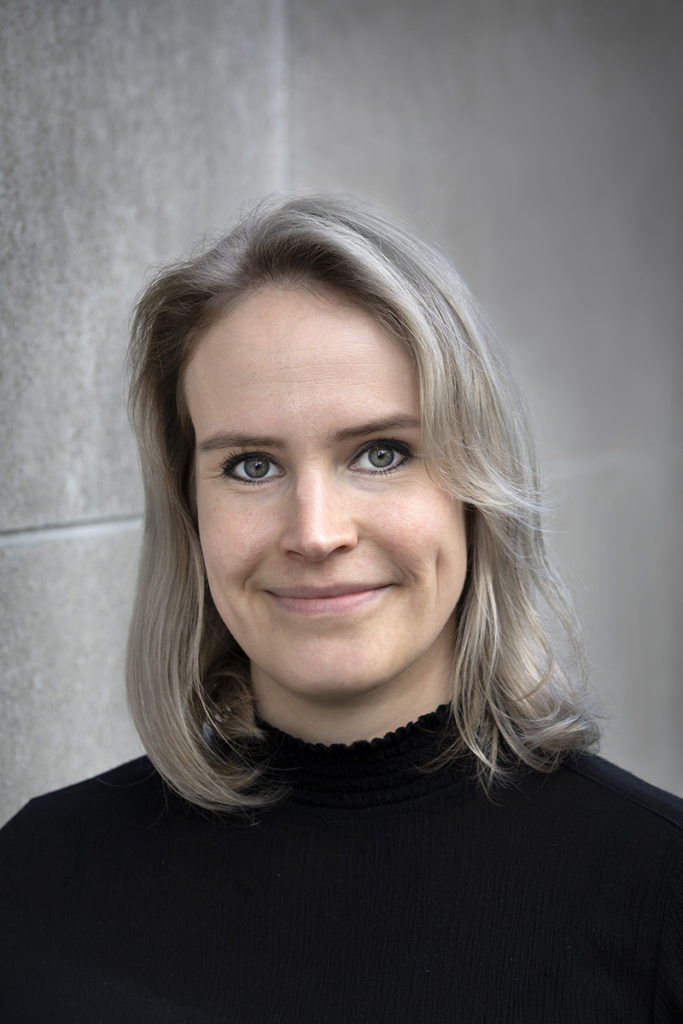
“Data collection for my post-doctoral research is extremely slow, and I have weeks in which I’m really fed up,” she says. “Lecturing is fun, but I went into science to be able to do research. With several colleagues, I am participating in an additional research project on the causes, predictors, and consequences of coronavirus anxiety. But because of all the lecturing, I just don’t have the time to do it, even though I try to set aside time for research.”
Duijndam says she is lucky that she can continue her research for the time being. Neurobiologist Elise Turk is not so fortunate. She has had an appointment for one year since the previous fall. “I was hired in May 2020,” she explains. “Now it sounds naive, but at the time, we expected that the EEG lab would be able to reopen in October. But I haven’t been able to do a single experiment yet and have to look for new human subjects. The babies whose brain activity I was going to measure are already too old.”
Research in your free time
Securing a post-doctoral position, which are few and far between, is an opportunity for scientists who recently obtained a PhD to delve into new methodologies and skills. For example, Turk previously worked with MRI scans, and during her post-doctoral research, she would get to work with EEG techniques. “So far I’ve only been able to do a literature review, and babysit my daughter when the daycare center closed. The coronavirus will probably leave me with a gap in my resume, and I’m afraid that future employers and grant recipients will draw consequences from that.”
As an associate professor, Floortje Mols, also affiliated with the Department of Medical and Clinical Psychology, is involved in several post-doctoral and PhD programs. “With my tenured position, I don’t have to worry, but I see others getting stuck. There are PhD candidates who had fantastic plans, with realistic time schedules, who are not going to make it on their current contract. They don’t get their data collection done in time because, due to the coronavirus, too few patients participate in research. As a result, it’s hard to finish a thesis.”
Mols says that, in her case, the university is also thinking about solutions, as are grant providers. “Many researchers in my area are allowed to take a little longer. This means that they do not deliver the research results at the agreed time but are given more time. However, the amount of money made available remains the same, so they cannot then be paid anymore.”
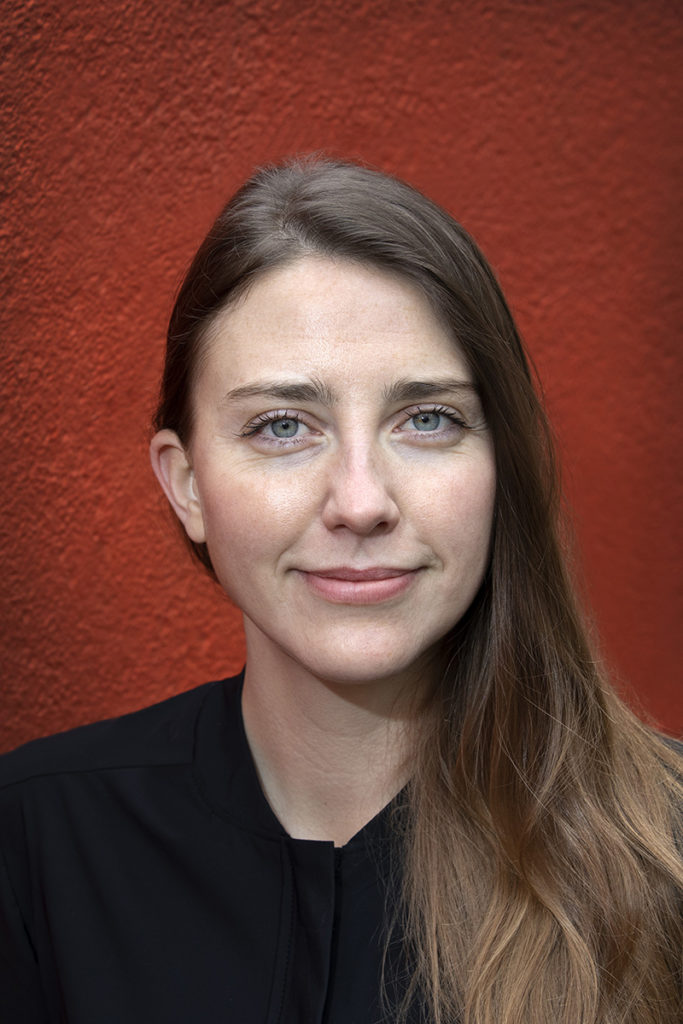
For Elise Turk, such a concession is out of the question for the time being. It would hardly be a solution either: “In the worst case scenario, we start the EEG research so late that I can’t finish the project. Continuing in my own time is not an option; I really need a salary.”
An evaporating Veni
Marion van den Heuvel is a researcher in the Department of Cognitive Neuropsychology and Turk’s supervisor. She, too, is concerned. Not long before the outbreak of the pandemic, Van den Heuvel secured two large grants, a prestigious Veni grant from science financier NWO, and a grant from the Royal Netherlands Academy of Arts and Sciences. With these grants, she set up her laboratory and appointed Turk and two research assistants.
“Staff expenses continue while we are waiting to get into the lab. That’s incredibly frustrating. First, because they can’t do their jobs, with all the consequences that entails, and I feel responsible for that. But also because at some point the money simply runs out. I can already see myself having to administer all the tests and analyze the data on my own.” Van den Heuvel does not want to think about an even heavier workload; by the end of last semester, she was already at the end of her tether.
Besides the money worries and the sense of responsibility for her team, something else is bothering Van den Heuvel. “Internationally, I was a pioneer in my field,” she says of her successful grant applications. “Five years ago, I had ideas about researching simultaneous brain activity in mothers and babies. But I have since been overtaken by other scientists. They did their tests just before the coronavirus outbreak and had all the time during the lockdowns to analyze their data and publish the results.”
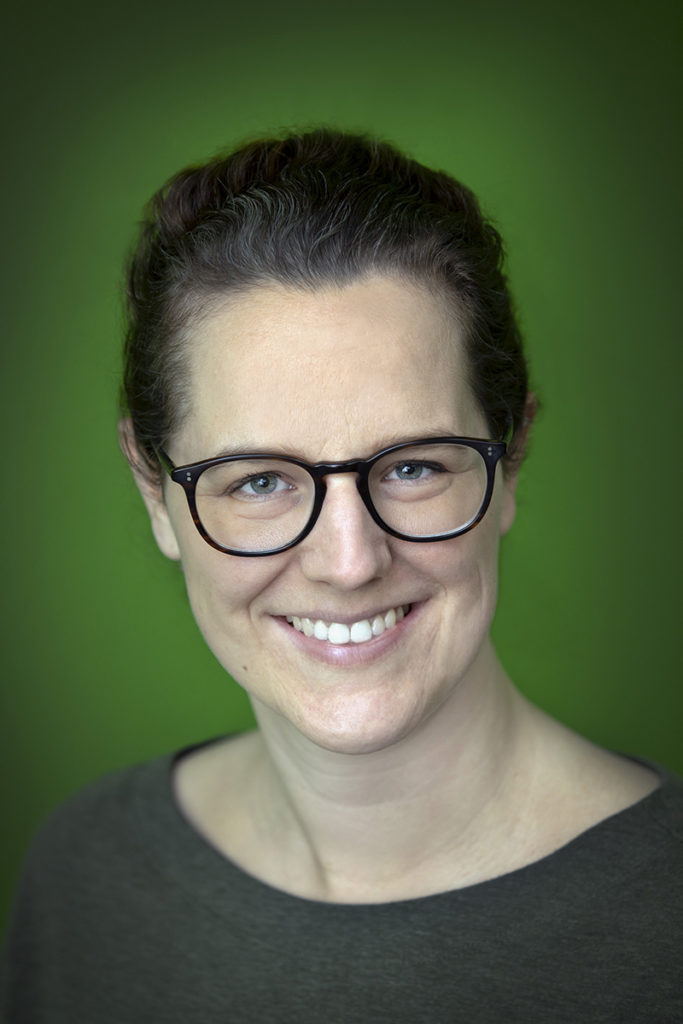
She could not appreciate the Executive Board’s call to put research on the back burner. “I don’t know a single lecturer who thought, ‘I’ll let things slide.’ Most of us work so hard. It is better for the health of the academic community if we are slowed down a bit. I do know many young researchers who are worried about the future. Extra educational tasks will not get them a new job, only publications will do that. They should be reassured, not encouraged.”
Biased research results
Although Floortje Mols did not find herself in front of closed laboratory doors, her research in oncology departments of hospitals was also delayed. “I find my human subjects through medical specialists and nurses. In the first lockdown, they worked mainly in coronavirus wards.”
“They had time for patient care, but research was obviously not a priority for them. By now, there is a little more room for that again, but not much. Moreover, there are simply fewer cancer patients at the moment. That doesn’t mean that people don’t get cancer, but rather that they wait before they go to the hospital.”
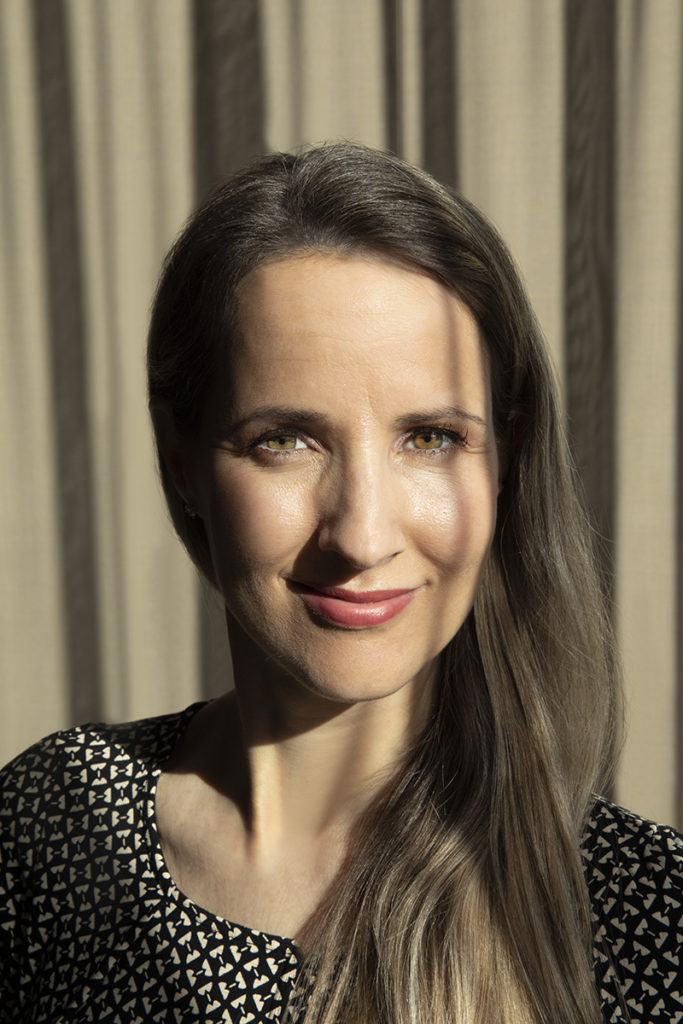
Stefanie Duijndam also saw that the coronavirus situation can have a substantive effect on research. “My human subjects are often first-year students. Due to the measures, some are on campus for the first time when they come to the lab for my research. The stress of that new environment sometimes makes it difficult to properly measure their stress levels. Can I even compare this data to data from before the COVID outbreak?”
Until the last student is vaccinated
Turk and Van den Heuvel are ready to go and waiting for their lab to reopen. Mols thinks that her research in the hospitals will run more smoothly around the summer. But they still have a long way to go, she says: “You can start data collection quite quickly, but we are running behind anyway. A whole year has simply gone by in which we haven’t been able to include patients.”
And the latter is not only because people at the hospital were mainly occupied with the coronavirus. The impact of the Executive Board’s choice is also still tangible in Mols’ situation, when she thinks about the future of her research: “Research is also slowing down because we, the scientists, were mainly busy with online education. That takes an awful lot of time, and it will continue to do so for some time. Probably until all the students are vaccinated and we can go back to lecturing normally.”







